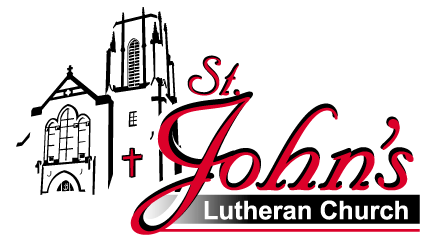133. Korah’s Rebellion
Numbers 15:32–16:14
First, there is a report of a Sabbath desecrator who gathered wood on the Sabbath and was stoned by God’s express command. God is zealous for his law. In New Testament terms, this means that those who openly despise the divine Word should be excluded from the Christian congregation. He who despises the Word corrupts and condemns himself.
We also hear here of the rebellion of Korah’s band. Korah, the Levite, along with Dathan and Abiram and a following of 250 prominent men, murmured and rebelled against Moses and Aaron, the leaders of the people appointed by God. They scoffed at their office and how they carried it out: “Fine job you’ve done bringing us into a land flowing with milk and honey!” But Israel itself had forfeited its inheritance through its unbelief. They accused Moses and Aaron of killing the people in the desert, while it was the Lord who had pronounced this judgment on Israel. They accused them of wanting to rule over the people, while they themselves really desired the priesthood and rule for themselves.
As it was the case in the days of the Old Testament, so it is still today in the New Testament church. False apostles disputed the office that Christ’s apostles had received from the Lord. In Christian congregations, false teachers and other proud spirits appear now and again, setting themselves up as leaders, who oppose the preaching office ordained by God and mock it. When honest preachers reprove sin according to God’s Word and carry out their office according to God’s will, they call it strict, tyrannical, power-hungry, and proud. But they are really only seeking their own benefit and their own prestige. And such loose spirits always find followers.
135. Confirmation of Aaron’s priesthood. Numbers 16:36—17:13.
At God’s command, the censors of the rebels were taken out of the fire and beaten into broad sheets of metal which were then fastened to the altar of burnt offering as a sign for the children of Israel. They were thereby continually reminded of the judgment that had fallen upon the rebellious band that had rebelled against the priesthood of Aaron. The Christian community should also always remember how God resists and repays the haughty spirits who oppose the preaching office that he has ordained.
But this urgent warning was soon forgotten. The old generation was blinded and hardened. The whole community murmured against Moses and Aaron for killing so many people, killing the Lord’s people. Then the glory of the Lord appeared again before the tabernacle of the congregation, God’s anger flared up, and a plague swept away thousands of Israel at once. But Moses and Aaron again interceded for the community, and Aaron stood with burning incense between the living and the dead and—as God’s priest—atoned for the people’s sin and averted the plague. Here we see again how evil the human heart is, how hard and insensitive both to the goodness and the seriousness of God. But this story is also proof of the overwhelming grace of God. God punishes and destroys the rebellious. But his grace always breaks through the anger. God has no pleasure in the death of the sinner and grants sinners one reprieve after another. Aaron appears here as a type of Christ, the perfect priest who with his sacrifice entered into humanity doomed to death, into the lost and damned world, and turned away wrath and reconciled the world.
God confirmed Aaron’s priesthood through a miracle. At God’s command, Moses took twelve rods from the tribal leaders of Israel, wrote the names of the twelve tribes of Israel on them. On Levi’s rod he wrote Aaron’s name and placed them in the sanctuary before the ark of the covenant. And behold, the next morning Aaron’s rod had sprouted, produced blossoms and brought forth almonds. With this, God indicated that Aaron’s priesthood would remain in force and validity until the true priest came. Aaron’s budding rod, which was kept in the ark of the covenant, is also a prophecy of the imperishable priesthood of Christ, who is able to save forever those who come to God through him, and who always intercedes for them (Heb 7:24,25).
